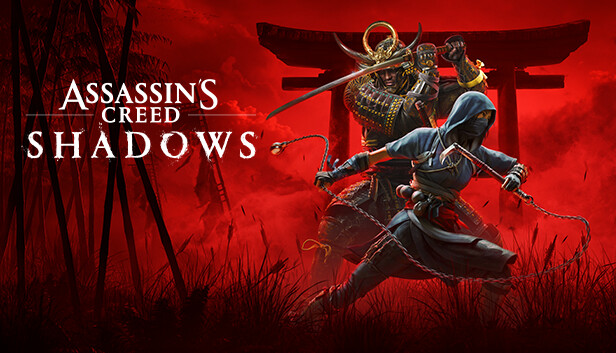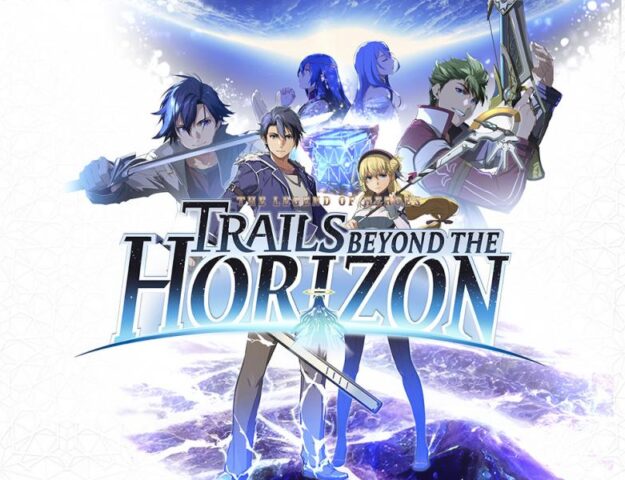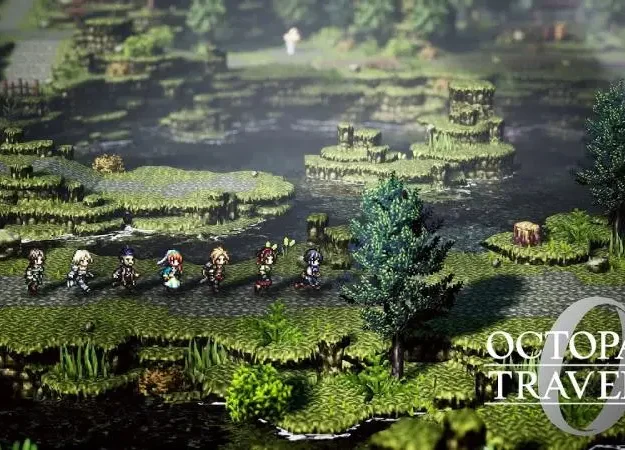Ubisoft has finally delivered the Assassin’s Creed game fans have been begging for: one set in feudal Japan, filled with stealthy shinobi action, honorable samurai battles, and the kind of political drama that would make a Game of Throneswriter say, “Whoa, chill.” Assassin’s Creed Shadows is a beautiful, brutal, and surprisingly emotional journey through one of the most fascinating periods in Japanese history—and it might just be the series’ strongest entry in years.
Dual Protagonists, Double the Fun
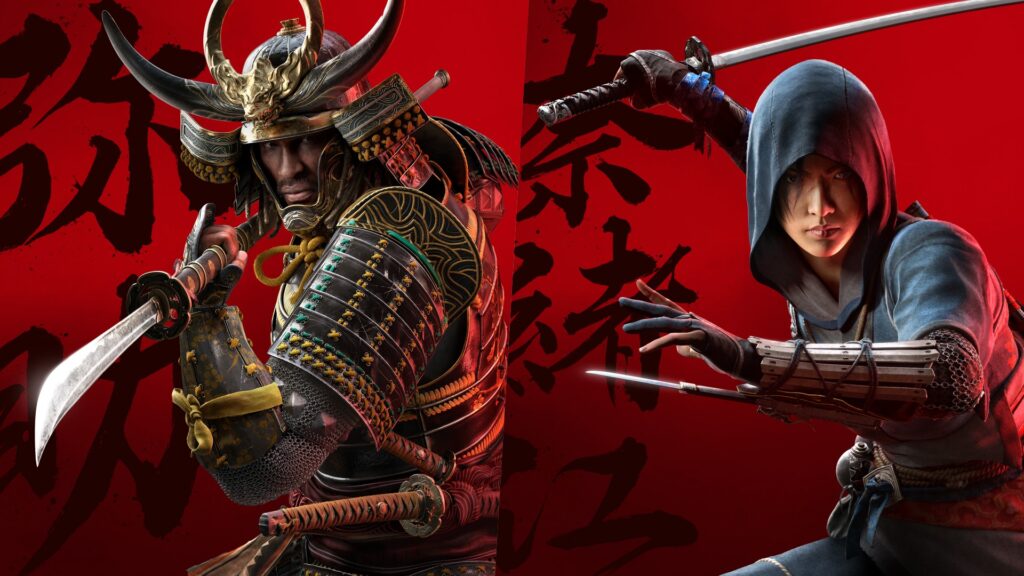
At the heart of Shadows is its boldest design choice: two playable protagonists with completely different playstyles and worldviews.
First, we have Naoe, a skilled shinobi from Iga Province. She’s quick, agile, and prefers to strike from the shadows—think classic Assassin’s Creed gameplay but dialed up with authentic ninja tools like the kusarigama, shuriken, and smoke bombs. She’s perfect for players who love sneaking past guards, hiding in ceiling beams, and executing flawless assassinations before anyone notices they were ever there.
Then there’s Yasuke, a powerful African samurai who serves Oda Nobunaga. Based on a real historical figure (which is awesome in its own right), Yasuke plays very differently—he’s all about honor, brute force, and direct combat. He doesn’t hide in the shadows; he is the storm. Sword in one hand, kanabō in the other, and a battlefield full of regret behind him.
The game lets you switch between Naoe and Yasuke for different missions, and sometimes even within the same mission. It’s like flipping between Batman and the Hulk, and it never gets old.
Story: Historical Meets Personal
The plot is what you’d expect from a modern Assassin’s Creed title: Assassins vs. Templars, but with a distinctly Japanese twist. Oda Nobunaga’s ambition to unify Japan sets the backdrop, and through Naoe and Yasuke’s eyes, we experience both the brutality of that dream and the human costs behind it.
There’s a nice blend of personal stakes and political drama. Naoe wrestles with vengeance and her fading way of life, while Yasuke navigates questions of loyalty, identity, and belonging in a country that views him as both a warrior and an outsider.
Side note: there’s a surprising amount of heart in this story. You’ll find yourself caring about side characters, questioning your choices, and maybe—even just maybe—sniffling during one of those quiet, emotional cutscenes. (Don’t worry, we won’t tell anyone.)
An Open World That Feels Alive
Let’s talk about the world itself. Ubisoft’s version of Sengoku-era Japan is jaw-droppingly beautiful. We’re talking hand-drawn-style sunsets, firefly-lit rice fields, misty mountain temples, and cherry blossoms falling in slow motion. You’ll want to screenshot everything, which is great until you realize you’ve spent 30 minutes just taking in the view and haven’t even touched your objective.
Each region has its own personality—Kyoto buzzes with life, while rural villages carry an eerie silence, like they’re stuck between peace and war. There are dynamic events happening all around you: merchants getting robbed, samurai dueling in courtyards, villagers asking for help—all of which contribute to a world that feels less like a game map and more like a living, breathing country.
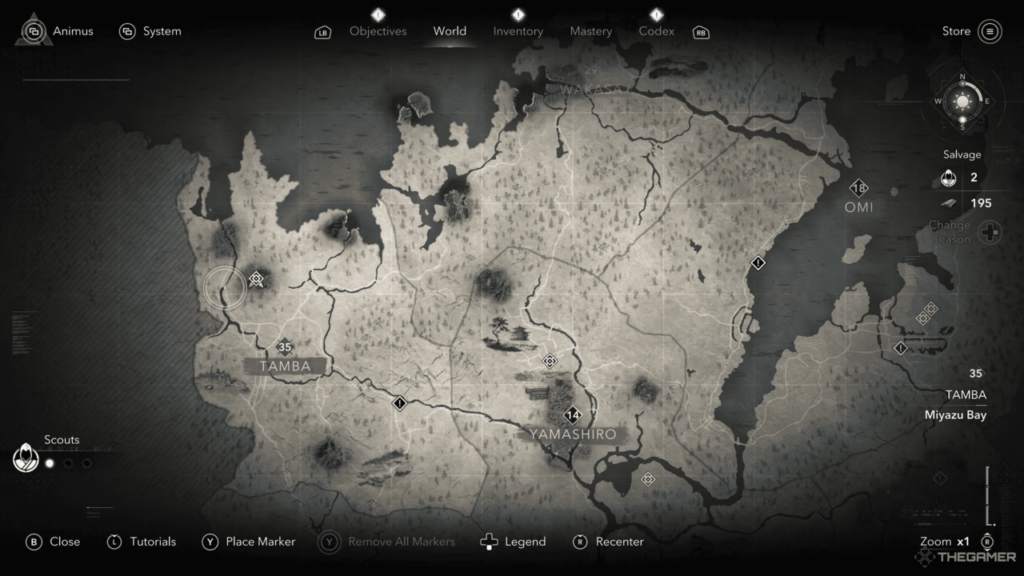
Seasonal changes also play a big role. In winter, lakes freeze and visibility drops. In spring, rivers flood paths and foliage provides new stealth options. It’s not just pretty—it’s smart.
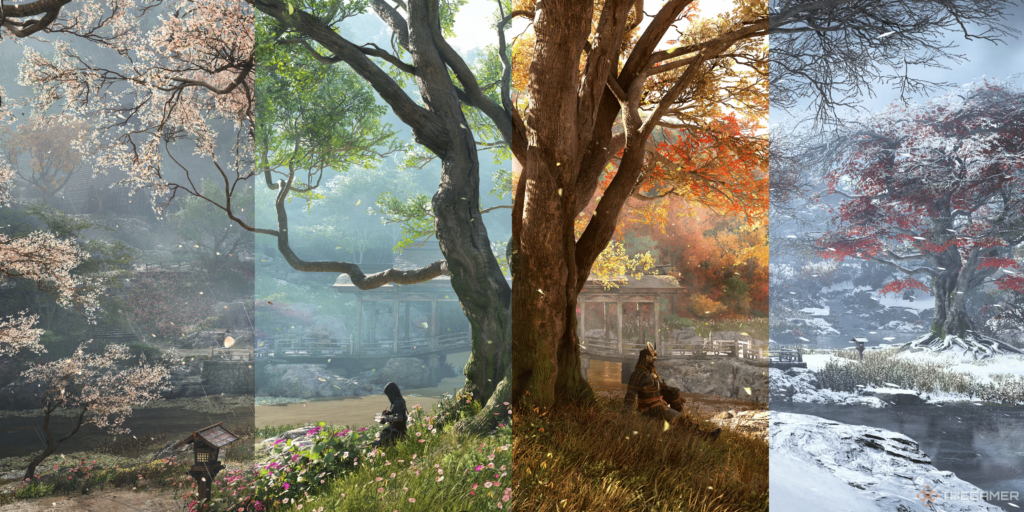
Stealth and Combat: A Delicate Balance
Gameplay-wise, Shadows is a best-of-both-worlds deal. If you’re a stealth junkie, Naoe offers the most refined sneaking mechanics we’ve seen in the series. Ubisoft clearly went deep on shinobi lore—you can crawl under buildings, scale castle walls, and even use the environment dynamically, like freezing lakes to sneak across or tall summer grass to disappear into.
Yasuke’s combat, on the other hand, feels like a samurai movie come to life. He’s slower but hits like a truck, and the melee system has real weight. Enemies react to blows realistically, armor breaks over time, and there’s even a new stance system that lets you break enemy defenses based on weapon type.
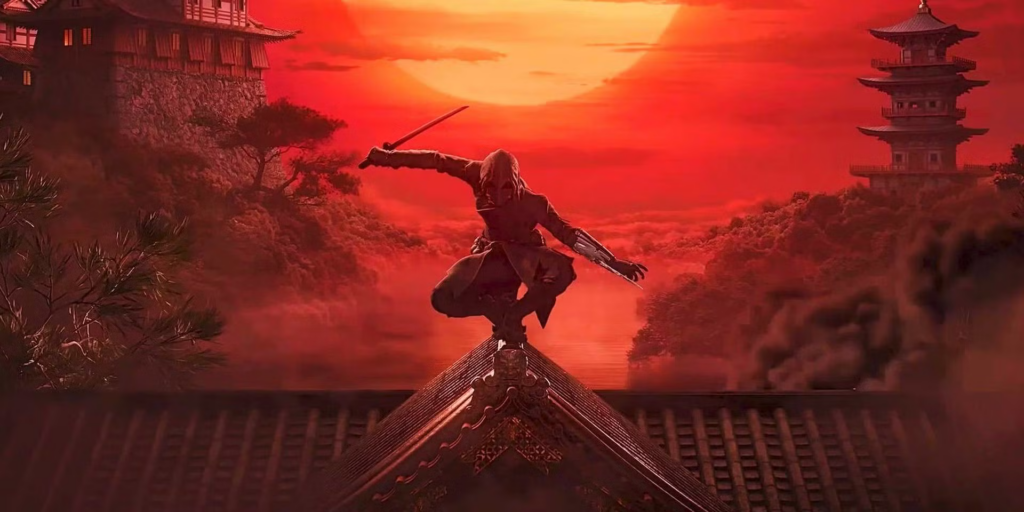
The cherry on top? The emergent systems—guards remember your actions, civilians respond differently depending on your notoriety, and weather can change mission outcomes. A thunderstorm during a stealth mission? Time your kills with lightning strikes for maximum ninja drama. Yes, it’s as cool as it sounds.
Visuals, Sound, and Immersion
On the technical side, Shadows is running on all cylinders. The character models are the most detailed in the series, facial animations are top-tier, and the lighting engine makes even rainy nights look painterly.
The sound design deserves its own standing ovation. Footsteps in snow crunch satisfyingly, blades clash with metallic weight, and ambient noises immerse you completely. And that soundtrack? A blend of traditional Japanese instrumentation and modern cinematic flair. It’s haunting, it’s hype, it’s everything.
Room for Improvement?
Okay, okay—it’s not perfect. Some missions can feel too similar, especially the side quests. The open world, while stunning, sometimes drifts into the familiar Ubisoft formula: go here, clear that, unlock this. And the parkour, while improved, occasionally gets a little janky around tight corners.
But honestly? These are nitpicks. When the rest of the game is this good, it’s easy to forgive a few bumps in the bamboo path.
Verdict: A Must-Play for AC Fans and Newcomers Alik
Assassin’s Creed Shadows is more than just another entry in a long-running franchise. It’s a bold, beautiful reinvention that finally makes good on the dream of a ninja-samurai Assassin’s Creed. With deep characters, thrilling gameplay, and an unforgettable world, this is one shadow you’ll want to step into.


